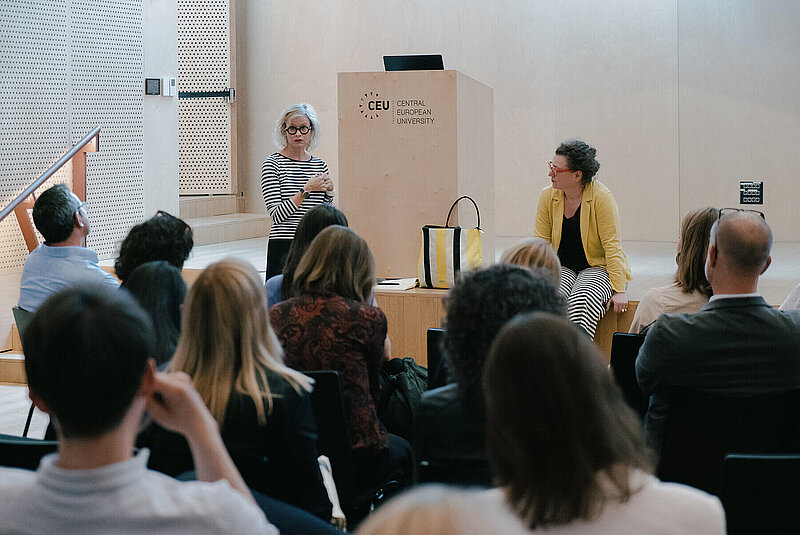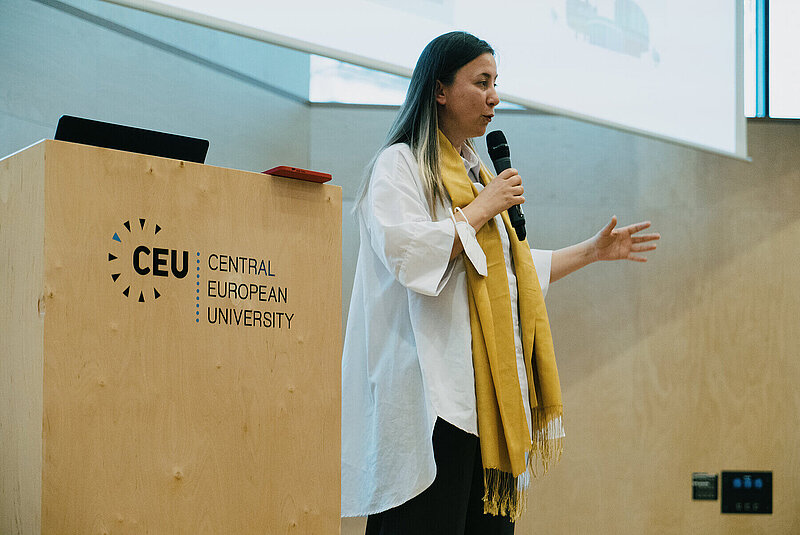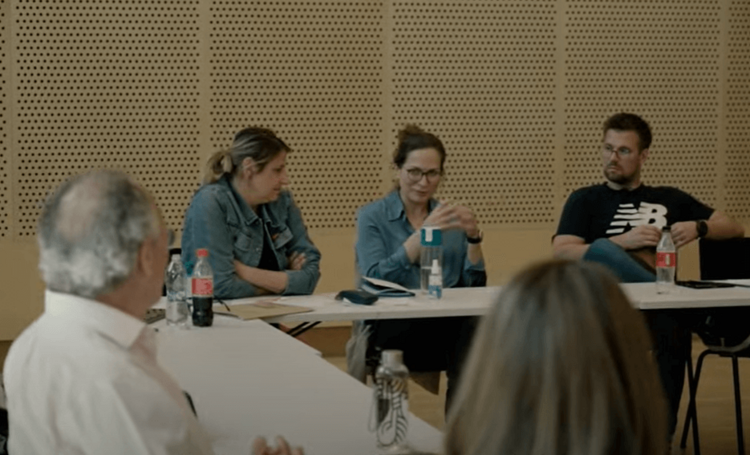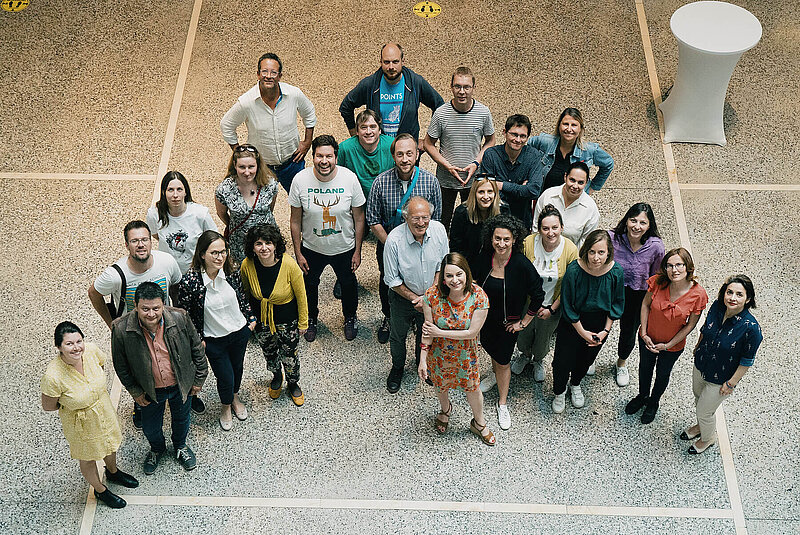RARE visited Budapest in mid-May for its eighth camp hosted by the Central European University's Democracy Institute.
The camp’s first day explored how to build bridges and forge lasting and effective alliances between academics and civil society organisations and activists in practice. Aiming to foster closer cooperation between researchers and civil society organisations working on the rule of law and fundamental rights, RARE partnered again with re:constitution to convene human rights defenders and four re:constitution fellows for an interactive afternoon session where they exchanged experiences and explored ideas on cooperation, discussing the themes of big tech and AI, the right to effective access to rights, media freedom and the independence of the judiciary.
A strong keynote address by Prof. Renata Uitz, co-director of the Democracy Institute and professor at CEU’s Department of Legal Studies made a compelling case for resisting authoritarianism here and now and highlighted that the dismantling of the rule of law is not a theoretical concern - it has real-life impact. For example, in 2018, it drove the Central European University to relocate to Vienna, leaving its gorgeous campus nearly empty in Budapest.

Dr Lilla Farkas, assistant lecturer at the ELTE Department of Human Rights and Politics and a fellow at the CEU Democracy Institute spoke about “Transnational Advocacy Networks: Success and Failures” describing real-life examples of what can make or break transnational NGO advocacy networks and how these standard risks can be addressed by smart tactics from the start.
Prof. Başak Çalı, Professor of International Law and Co-director of the Centre for Fundamental Rights (CFR) at the Hertie School joined the session and highlighted the work of the CFR in her presentation on "Building networks in academia and effectively using academic work for vision and policy development", giving examples of the CFR’s wide-ranging set of research and academic activities that civil society can draw inspiration, evidence and arguments from in its strategic litigation or advocacy work.

The next two days in Budapest turned to the essential topic of leadership and solidarity. “We discussed the various aspects of building stronger networks, building stronger teams, and also stronger individuals, better equipped to face the many threats to democracy and human rights protection," says Márta Pardavi, RARE Course Lead.
The discussions about what solidarity, organisational strength and leadership mean for the human rights movement and RARE participants, in particular, were led by Prof. Chris Stone, Professor of Practice of Public Integrity at the Blavatnik School of Government at the University of Oxford. Stone led the group through a variety of case studies and key texts about omnipresent challenges to the human rights movement. He spoke at length about internal governance and management crises in organisations, providing the foundation for dynamic discussions as he drew on participants’ own experiences and insights that they readily shared with their peers.
Leadership and management challenges in human rights organisations

In Budapest, RARE participants exchanged on leadership and management issues that are common to organisations in the human rights scene.
“As former President of the Open Society Foundations, Chris Stone shared with us gripping lessons about how solidarity among civil society organisations can be built and supported, bringing the vantage point of a global philanthropic actor into our discussion.”, added Dr. Bernhard Knoll-Tudor, Director of Executive Education at the Hertie School.
The three days in Budapest closed with a social event that brought dozens of Hungarian civil society activists together with our RARE group, celebrating friendships new and old.


